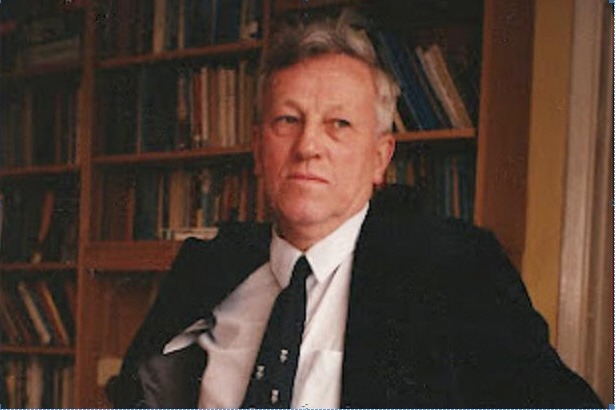
Obituary for Professor John Marks
taken from the Times newspaper
Lecturer who co-
John Marks had a passion for knowledge, and for sharing that knowledge through education — even though his campaign for higher standards in education attracted criticism.
Marks had degrees in science and the history and philosophy of science from Cambridge University and a PhD in nuclear physics from London University. But he made education and science his twin lifelong passions. He had more than 40 years of teaching experience (in physics, mathematics, electronics and the history of science) in universities, polytechnics and schools, and became increasingly politically involved in the educational sphere. In the 1980s he and his colleague Caroline (now Baroness) Cox set up the Educational Research Trust and were consulted about the drafting of the 1988 Conservative Education Reform Act.
Marks was born in Marylebone, London, the son of a lorry driver and tailoress. He was the elder of two children and educated at Kingsbury County Grammar School in North London. He became the first in his family to go to university, winning a scholarship to read natural sciences at Sidney Sussex College, Cambridge. After graduating he worked as a research scientist at the Atomic Weapons Research Establishment at Aldermaston before taking a Certificate in Education at Cambridge.
He taught and lectured in the UK and in Sweden, where he had a two-
In the early 1980s he and Cox began the Standards in English Schools project, gathering the newly published exam results for every school in every local education authority in the country. There was one floppy disk per LEA, and the data was painstakingly analysed. Publication of the results — a forerunner of more modern league tables — created a furore, but showed Marks and his colleagues how much standards varied. It made him even more convinced that a good state education should be available to all children, regardless of their background.
Marks became a governor of his old school, and served on the Schools Examination and Assessment Council, 1990-
Marks never did anything by halves, whether it was cross-
His books include Relativity (1972) — a non-
Marks suffered a stroke in 2008 and struggled to walk again. He is survived by his wife, Finola, whom he married in 1963, and by their three children .
Professor John Marks, OBE, educationist, was born on June 18, 1934. He died on February 18, 2012, aged 77.
